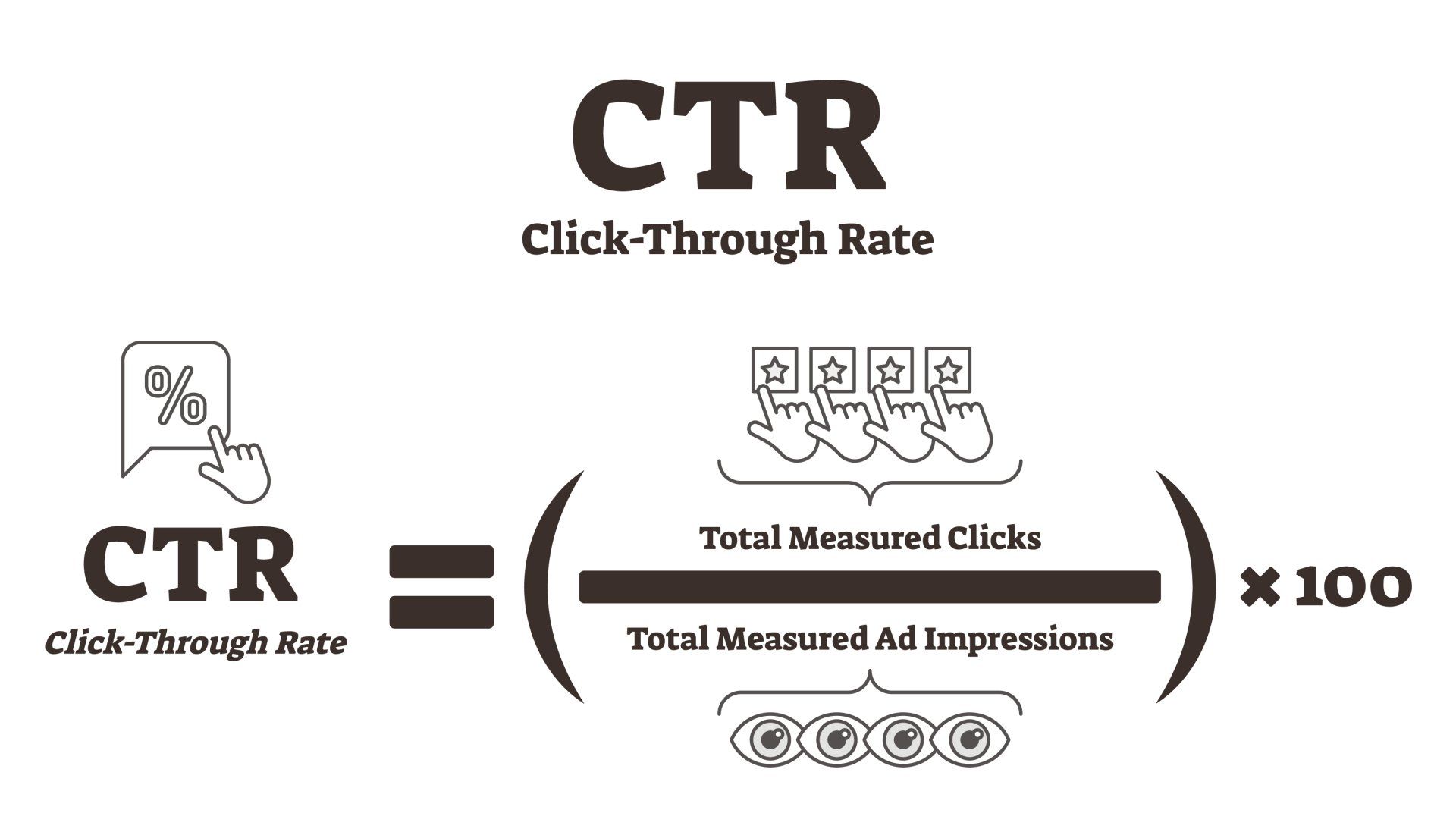What Makes PPC Work?

Finding Your Audience
When creating keywords for a PPC campaign, you might be inclined to think that broader is better. Afterall, you want to reach as many people as possible with your ads, right? It turns out that’s not actually the case. You want to reach a sizable audience, of course, but you have to make sure you’re reaching the right audience.
If your keywords are too broad, it can lead to a higher number of irrelevant search query match-ups. This just means that more users will see your ad, but it won’t be related to what they are actually searching for.
In that scenario, there are two outcomes. The first is they click your ad (which costs you money!) before realizing your site isn’t what they needed and then they simply leave. This is bad for you because you have wasted ad spend.
The second outcome is that they don’t click your ad because it doesn’t seem relevant to their search, in which case your click-thru-rate (CTR) will go down and that leads to a drop in your quality score with Google.
Your CTR will tell you how many users are clicking on your ad compared to how many see it (aka impressions). Google gets paid when users click your ad, so they like to encourage high CTRs by lowering your cost-per-click (CPC) when more people are clicking on your ads.

So if you want the right people to see your ads and you want to pay a lower CPC while increasing your quality score, then you need to ensure that your keywords are finely tuned to reach the relevant audience.
How to Choose Keywords
When you need your ads to be highly relevant and targeted, you should use SKAGs. These are ad groups that you select a root keyword for, and then add different match types within that group. In the previous article, I mentioned broad matches, phrase matches, and exact matches. When creating a SKAG, it’s generally unwise to include broad matches, as the entire point of the ad group is to minimize the amount of unrelated search queries that trigger your ad.
Another thing to keep in mind is when you expressly do not want users to see your ads. For instance, if you are selling high-end cars, you wouldn’t want your ad to show up when people search “cheap used cars.” To prevent this, you are able to create negative keywords. In that example, the negative keywords would be “cheap” and “used.”
Why SKAGs Work
One of the great things about PPC marketing (and SKAGs in particular) is that you can easily track how certain keywords/ad groups perform. Within the SKAGs that you set up, you are able to identify the match types that are getting you the most impressions and clicks. It’s vital that you’re able to track these performance indicators so that you can make your campaigns even more granular and effective.
Another cool feature of SKAGs is that you can create new ad groups from keywords already in a group. Let’s say you create an ad group with the root keyword “lawn care,” and after adding modified versions of this--”local lawn care,” for instance--you find that the modified version is getting great results. You then might decide to create another SKAG using “local lawn care” as your root keyword. You can also easily take match types that aren’t performing well out of the group and turn them into negative keywords.
The best thing about SKAGs is that it can take a poorly performing PPC campaign and heavily focus it so that you get better results. You will have a smaller (but more relevant) audience and you won’t be wasting your budget. PPC advertising in general can be costly if you are unsure about how to spend your budget. That’s why it’s always best to do as much research as possible or get help from someone who knows their way around PPC and SKAGs.
If you decide you want to go through with a PPC campaign on your own, you should start off small. Try experimenting with different keywords and ad groups to see what kind of results you get. Once you have a firm understanding of what keywords are matching up best with user search queries, then you can begin to increase your budget and the number of keywords/ad groups you use.
Just remember to keep an open mind about PPC advertising! You don’t usually see instant results, but patience and the right knowledge can get you far.


